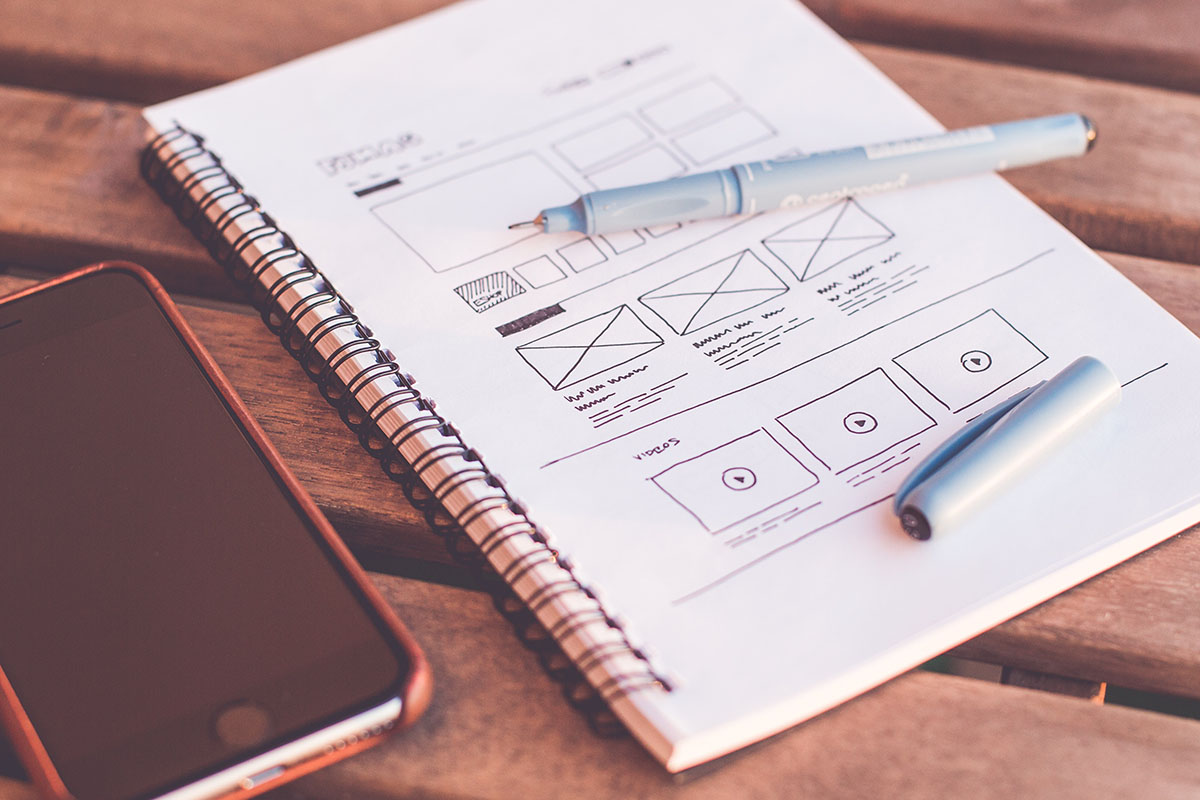If you’ve ever wondered “how to become a UX designer,” you’re not alone. This burgeoning field offers exciting opportunities for those with the right skill set. Whether you’re a career shifter or a fresh graduate, a solid grasp of certain key skills can pave the way for your success in this industry. Here’s a look at some of the essential skills you need to be a UX designer:
1. Understanding of User-Centered Design
The first step in any UX design program is gaining a firm understanding of user-centered design. This approach prioritizes the needs, wants, and limitations of the end-user throughout each stage of the design process. It’s about empathy and putting yourself in the shoes of the user. This understanding can help you create designs that are intuitive, accessible, and enjoyable to use, making this skill indispensable for UX designers.
2. Strong Communication and Collaboration Skills
UX design is not a solo endeavor. It often involves collaborating with various stakeholders, including product managers, developers, and even clients. As such, strong communication and collaboration skills are vital. You should be able to clearly articulate your design decisions and be open to feedback. These skills foster a productive work environment and ensure that everyone is aligned towards a common goal: creating a superior user experience.
3. Knowledge of Basic Coding
While not a strict requirement, having a basic understanding of coding can greatly benefit UX designers. Knowing how your designs will be implemented can help you create more feasible and efficient solutions. It also promotes better collaboration with developers, ensuring that your designs translate seamlessly into the final product.
4. Research Skills
In the realm of UX design, research skills hold paramount importance. Effective research helps you gain insights into user behaviors, needs, and motivations. Techniques such as user interviews, surveys, and usability testing can provide valuable data that inform your design decisions. Understanding how to conduct and interpret this research is key to creating user experiences that truly resonate with your target audience.
5. Adaptability
Adaptability, though not UX-centric, is a crucial skill for UX designers and can be acquired from various professions and disciplines. The digital landscape is ever-evolving, and UX designers must be able to adapt to new technologies, user behaviors, and industry trends. This skill allows you to remain relevant in the field and continuously deliver effective and innovative user experiences.
If you’re interested in starting a career in UX design, consider signing up for a UX Design certification program, such as the one offered by Enderun Extension. Such programs can provide you with the training and resources you need to acquire these skills and kickstart your journey into the exciting world of UX design.

 menu
menu